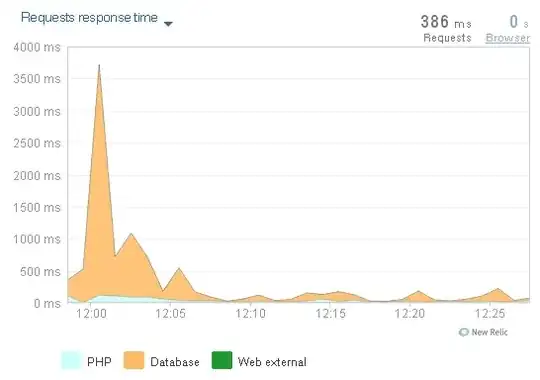My web server has been badly infected by unknown cause. Every single page from any of websites hosted on the server will get injected by an iframe script.
Day 1: our web server software was Apache. After being confident that no web script has been modified, we looked at this article (https://blog.sucuri.net/2013/01/server-side-iframe-injections-via-apache-modules-and-sshd-backdoor.html) which said a Apache module might be compromised so all TCP packet will be modified before sending to the web broswsers.
Day 2: We replaced Apache by Nginx. It ran fine for a day without a problem.
Day 3: Our customers informed us of the same problem and Google Chrome sends out the warning "Site not safe" message to all websites hosted on server.
Desperately, we backup everything, change the hard drive, install a brand new OS (FreeBSD 10.2, previously FreeBSD 8.4). With bare OS and new Nginx server, we tested the request to the server, the request still get infected with iframe.
We run newest clamav, rkhunter but nothing has been found.
